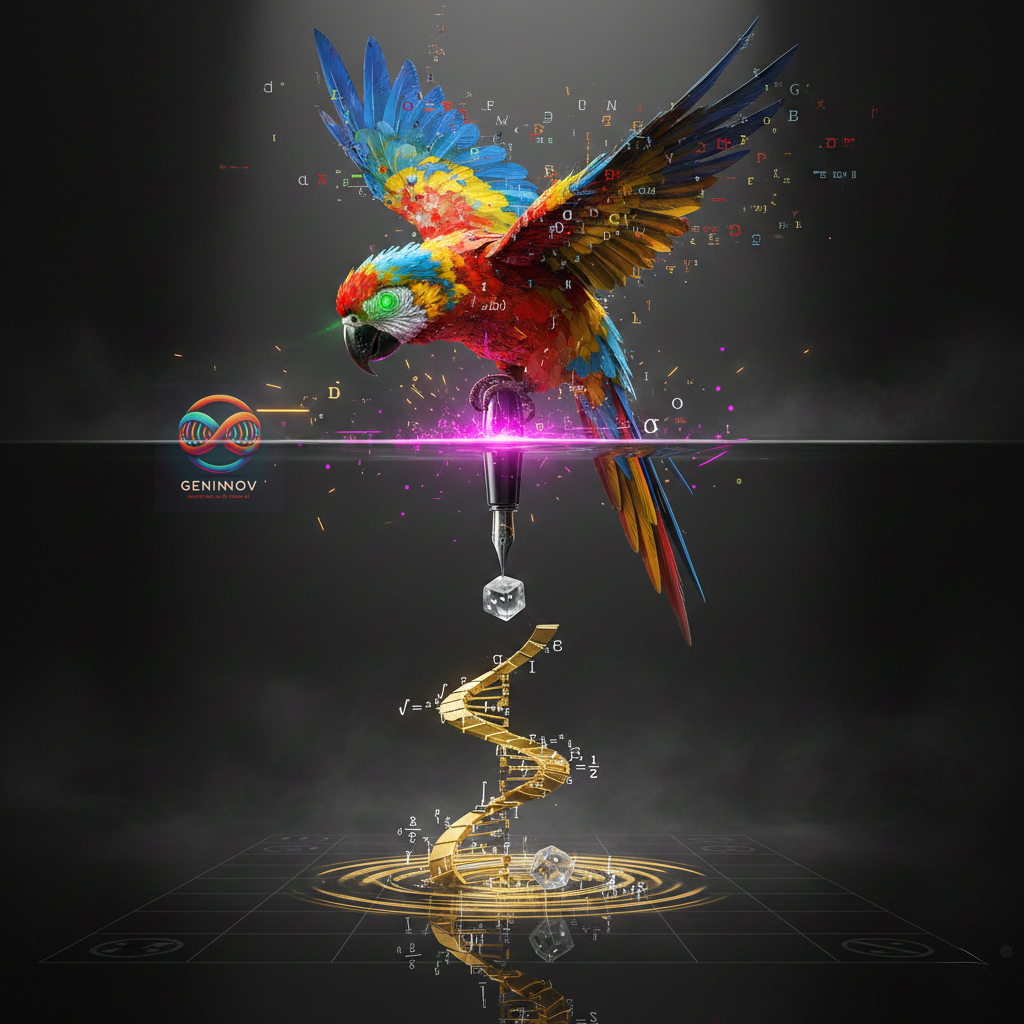Are transformer models merely intricate data mazes or are they innovative tools capable of computing far-reaching relationships? The answer will be apparent soon. If the idea of self-attention, which allows exploration of long-range dependencies in data, has utility more than mapping of mind, Generative Artificial Intelligence (GenAI) could pave the way for an unparalleled surge of innovation far beyond technology.
GenAIs have begun to emulate human cognition. One proof of this emergent property hypothesis (https://bit.ly/45QZrhZ) is that roughly the same methodology works simultaneously in human-like behavior in fields as different as language and vision. More immense proofs are being collected by scientists observing how machines master an increasing number of Theory of Mind (ToM) tests.
ToM - the ability to infer intentions behind human actions - is a litmus test for emergent behavior. These models, without any explicit training, can predict the intentions behind human behaviors in a manner eerily similar to our own cognitive processes (https://bit.ly/45ZdwtP). While some have challenged the assertive conclusions of the original paper (https://bit.ly/3X11Rqs), a consensus is growing. The long-range dependencies of transformer models are causing models to behave increasingly like our minds. We may not be there and beyond yet, but this is a one-way street with no cul-de-sac in sight.
The intricacies of relationships in our DNAs and within/among other life-creating molecules do not have to have the same jumble as our minds. Complexities come in infinite varieties, and there is no reason to believe any two complexities have common features without evidence. But then, transformer models might be the ideal mathematical instruments to uncover far-reaching dependencies of a myriad nature, not just those of the human brain. Only time will tell which theory holds water. But, if there is any validity in articles like https://bit.ly/3P7kc3o this, the biggest innovation revolution because of GenAI - being used here synonymously with transformer models although they are different - will not be one involving chatboxes or GPUs!
This writer is convinced that what has been unleashed since mid-2022 will not simply change the way we search the web or manipulate our photos and videos. If that assumption is proven wrong, the GenAI excitement will go down in history books as misguided hype even as it changes how we write, read, listen, and see. In particular, if GenAI methods find utility in the fields of DNA studies beyond the expected benefits through synthetic data and the ability to bridge research gaps in drug discovery, the narrative will change dramatically. Policymakers would need to revise the discourse around AI control, while investor interest would quickly shift towards completely different areas.



